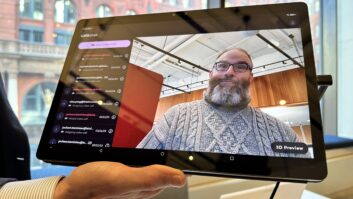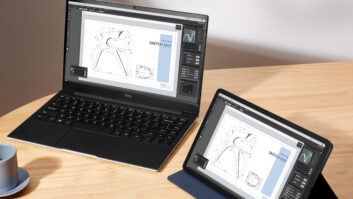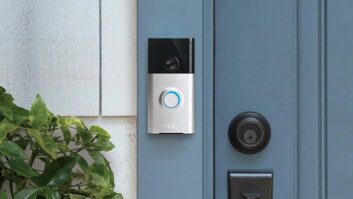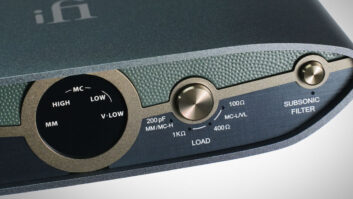Paul Semenza – Senior Vice President, Analyst Services, DisplaySearch co-wrote this blog.
HP announced today that it is “exploring strategic alternatives” for its Personal Systems Group and exiting the market for webOS devices, which includes its TouchPad tablet. For years, critics have been agitating for HP to exit the PC business. With the board and executive leadership changes over the past year or so, this criticism died down somewhat. However, with the success of the iPad and failure of the TouchPad, the pressure has intensified again.
According to the DisplaySearch Quarterly Mobile PC Shipment and Forecast Report, HP shipped less than a million tablets through Q1′11. Meanwhile, HP’s Q1 notebook shipments fell Y/Y, reaching the lowest level since Q2′09. As DisplaySearch reported on Thursday, preliminary estimates indicate that Apple vaulted past HP in mobile PCs in Q2.
HP is not the only PC company that has struggled with this new consumer computing device, the tablet PC. Earlier this year, Acer parted ways with its CEO, reportedly over differences in opinion about the relationship between tablets and more conventional consumer mobile PCs, notebooks, and netbooks. Most PC companies note that their mobile/notebook PC sales are down for consumers, acknowledging that the tablet effect is real, as did HP’s Leo Apotheker in the earnings call today. However, almost all PC companies are reluctant to state that tablets are consumer PCs and that consumers are buying iPads instead of another notebook (or even a first notebook).
It is hard to imagine that a PC company could move forward without a consumer PC strategy, or that one could have a consumer PC strategy without a tablet option. HP’s PC business may indeed go on under its own power or under the direction of a new company, but with this failure in the consumer OS space, it seems clear that the HP brand is not synonymous with consumer computing.













